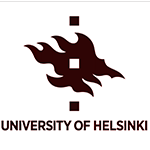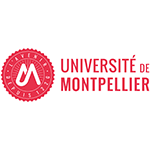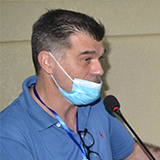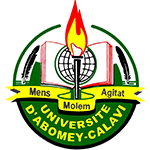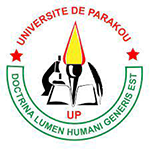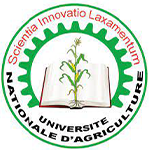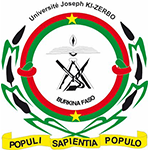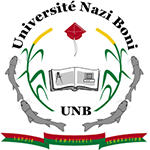PROJET SEBA/EU-ERASMUS+
SEBA/ERASMUS+
What is SEBA/ERASMUS+ project ?
Antimicrobial resistance (AMR) is a rapidly increasing global threat to human and animal health. AMR genes enable bacteria to become resistant to antibiotics used to treat human and animal infections. In West Africa, controlling the occurrence and transmission of AMR is challenging due socioeconomic constraints, lack of expertise, and inadequate facilities to educate the experts. Through SEBA, we strengthen the human and technical capacities of our partner universities so that they can provide high-quality education and train future experts in AMR management. Specifically, the project builds capacity to survey, characterize and control the spread of AMR in Benin and Burkina Faso.
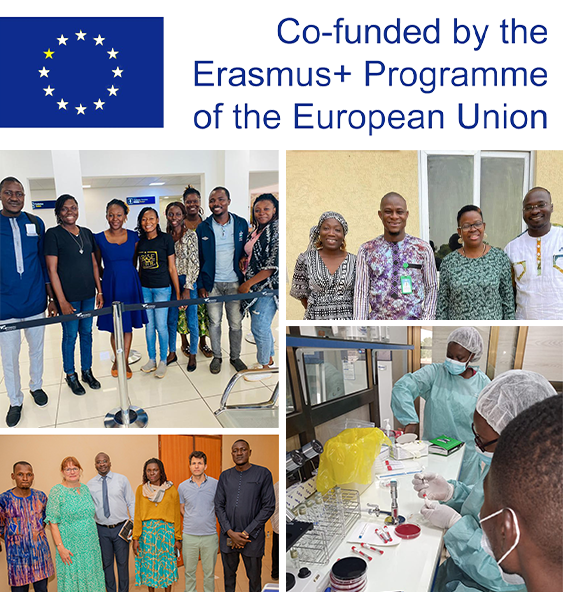
ACTIONS TO ACHIEVE THE PROJECT GOALS

we improve the infrastructure and institutional competence of the participating universities
- new laboratories and bioinformatics platforms with skilled maintenance and teaching staff will be provided to the leading universities in Benin and Burkina Faso
- the training will be subject to quality control and accreditation procedures to meet European higher education standards
we organize an Advanced Training Programme in AMR for the first cohort of students
broad and in-depth hands-on training in eg. molecular biology techniques, bioinformatic analysis of sequence data and interaction with stakeholders equip graduates with the skills to fully contribute in global AMR activities using the English language.
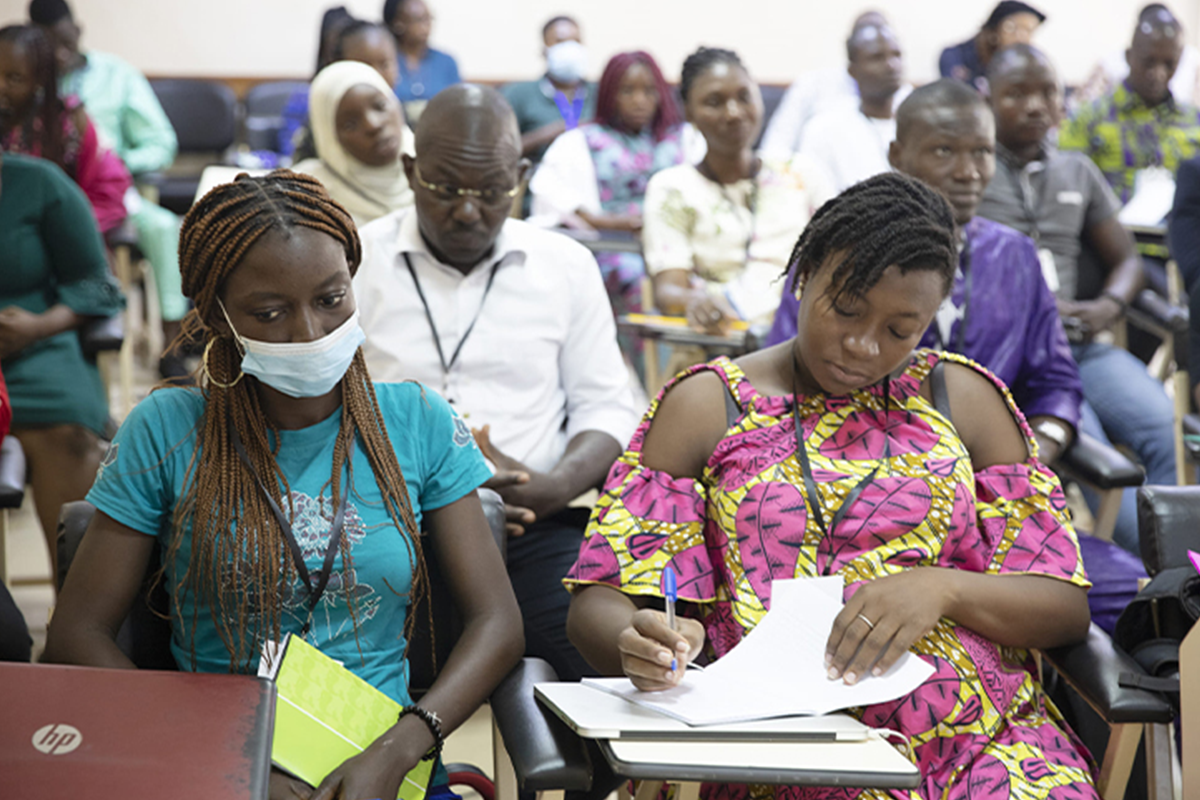

we train the trainers, ie. the local university teachers in AMR and pedagogic skills
two cross-cutting principals are :
- active learning techniques based on modern learning theories;
- the One Health approach, where the health of people, animals and environment is treated as a single entity that is affected by socio-economic structures.
OUR CONSORTIUM
Partner universities and the responsible persons
Training Programme
In 2022-2023 the
Advanced training programme has been piloted for 10 Beninese and
10 Burkinabe students, who have participated training organized in their own
countries and also for joint periods for all students in Benin and in Burkina Faso.
The programme is shown below (in French):
Comité scientifique et de coordination
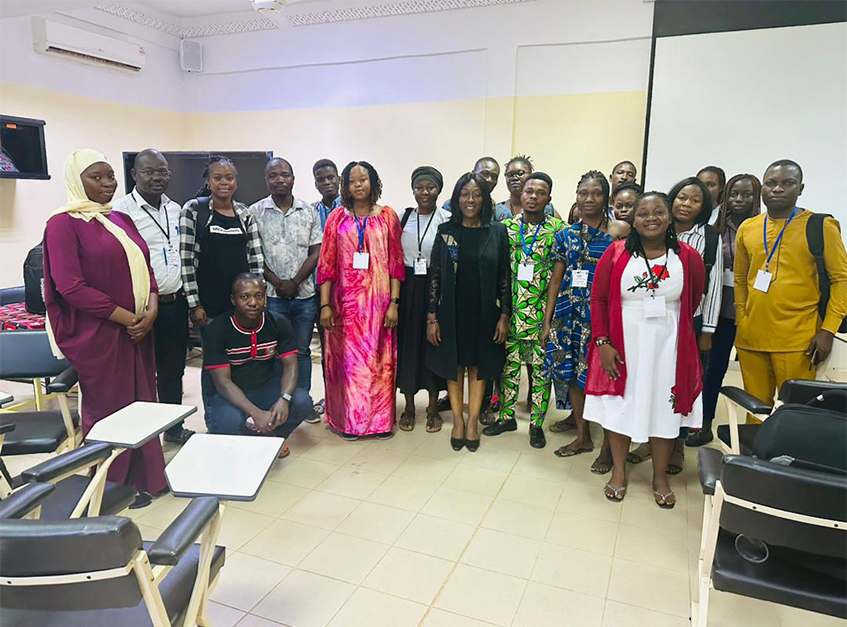
Events
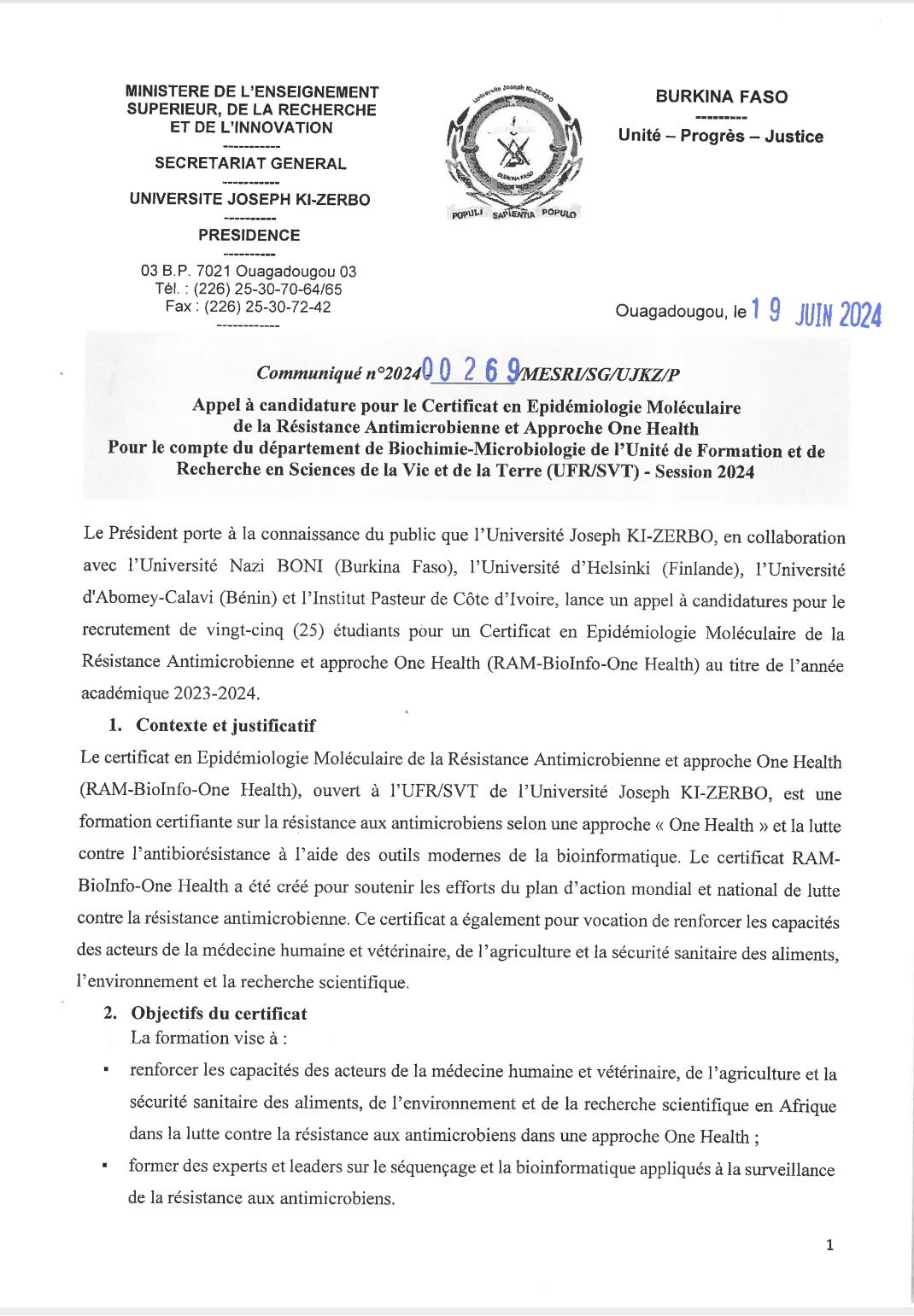
Le Président porte à la connaissance du public que l'Université Joseph KI-ZERBO, en collaboration av...
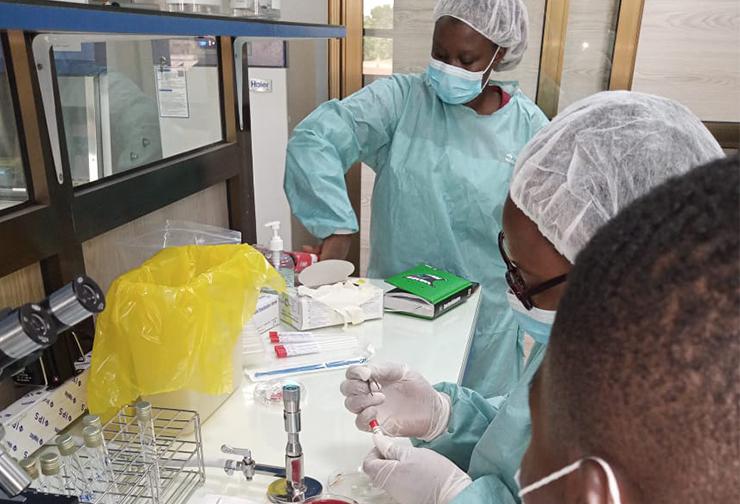
Caractérisation des Campylobacter dans une approche « One Health » à l’Unité de Génomique des Pathog...
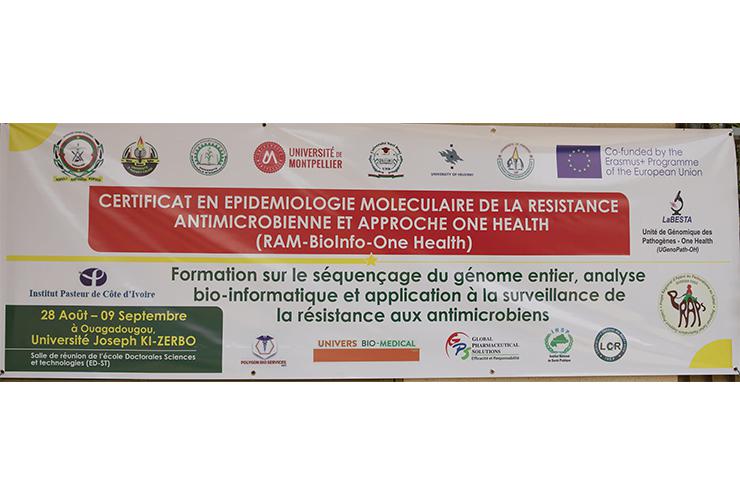
UJKZ/ PROJET SEBA-ERASMUS+ : 20 participants de trois (3) nationalités à l’école du séquençage du gé...



